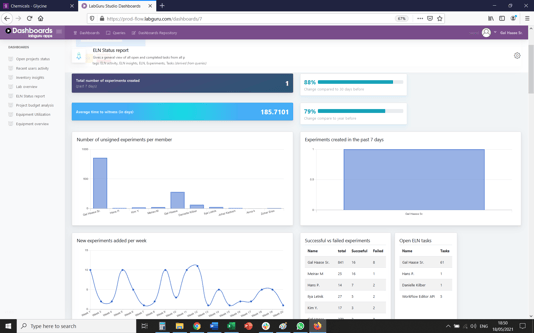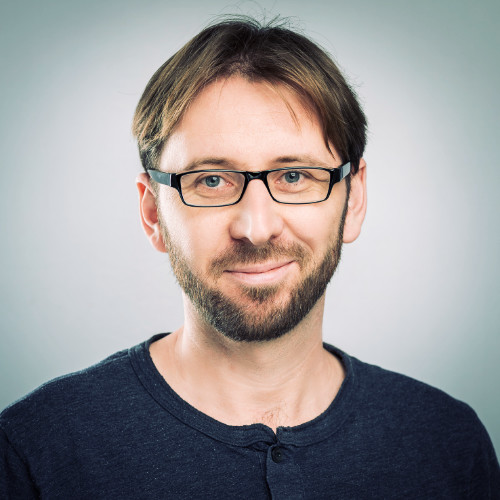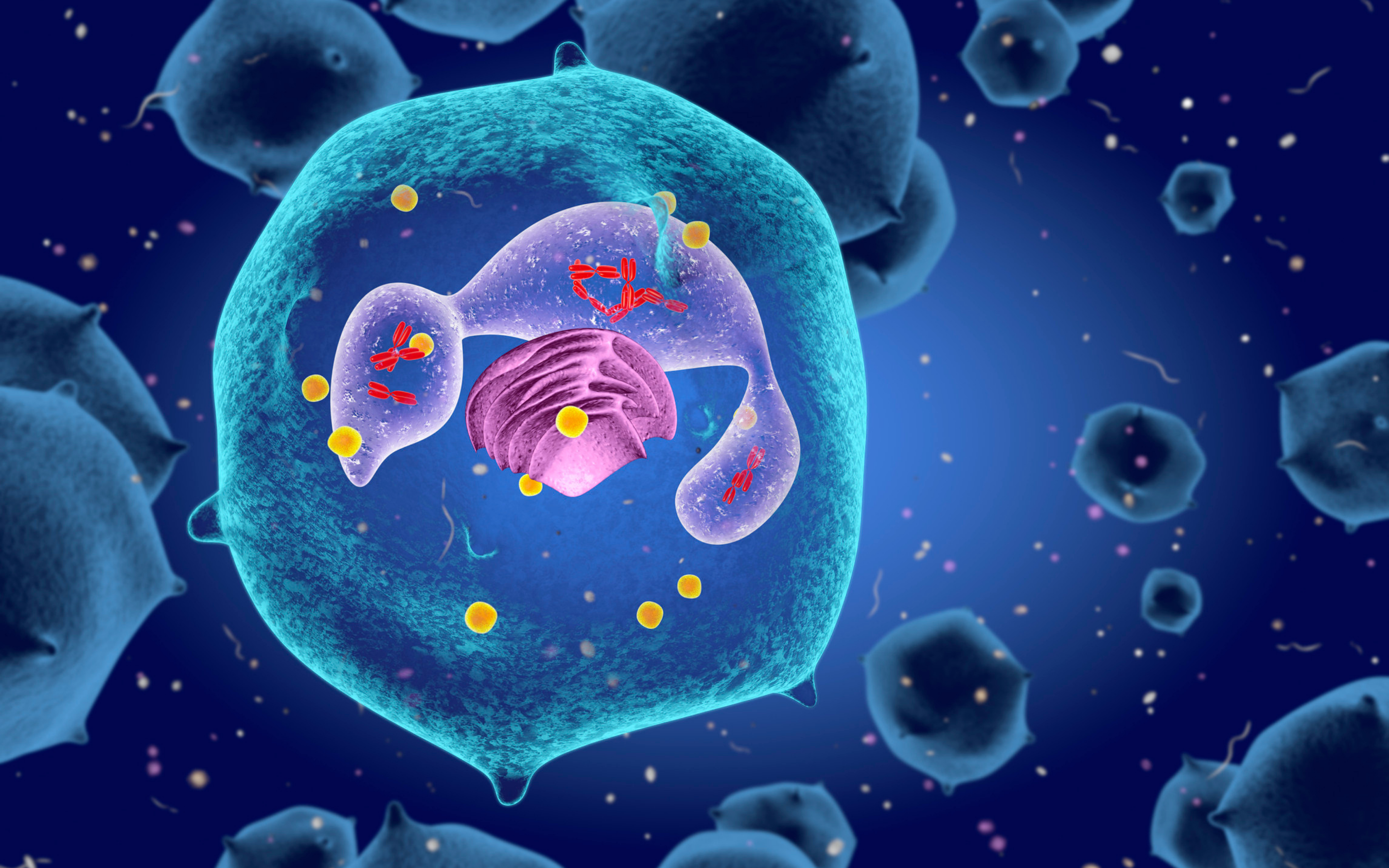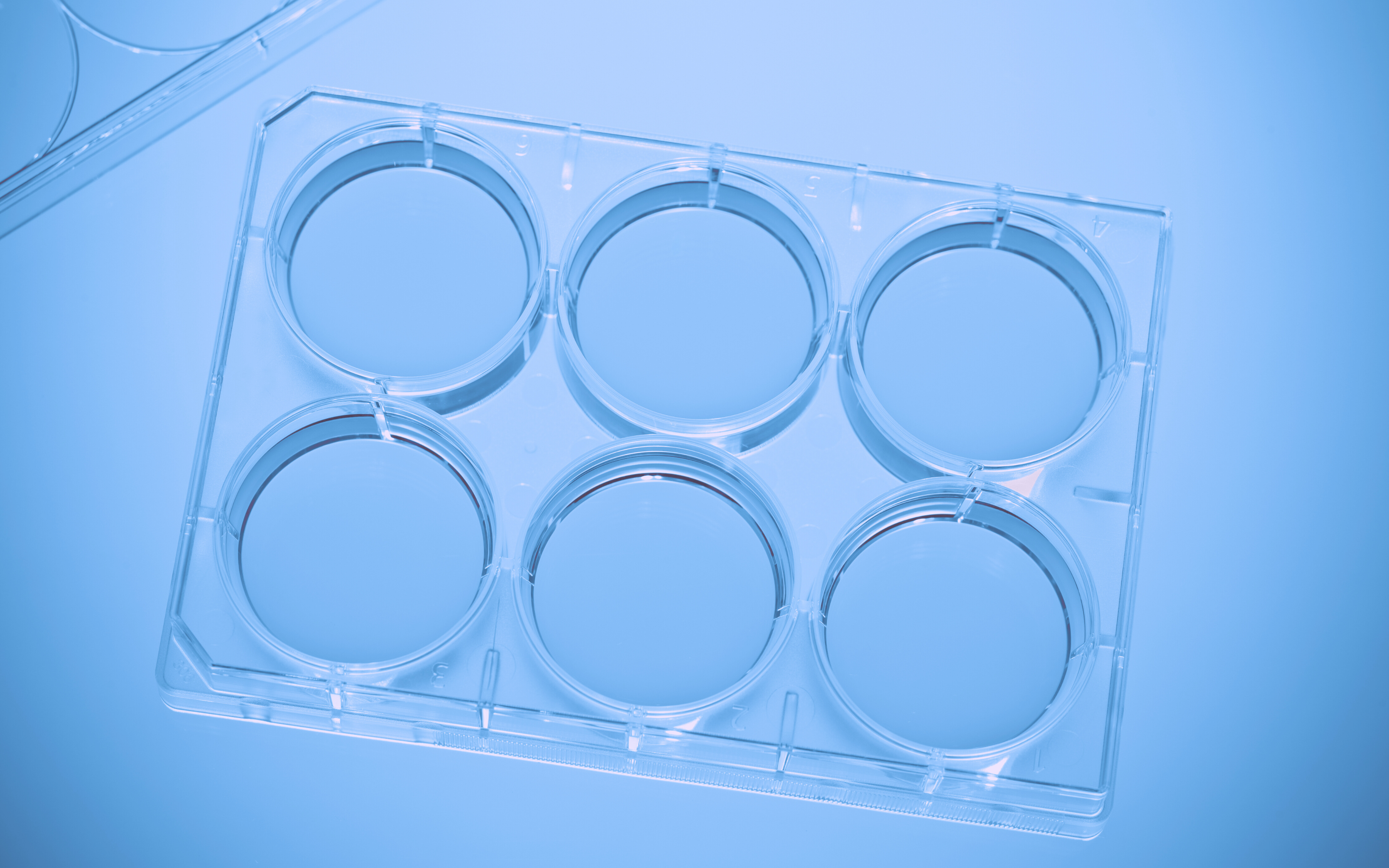Tell us about your background.
I started from a bachelor’s degree in biotechnology, then a master’s degree in plant molecular biology, both in Bar-Ilan University. From there, I went on to a PhD in the Hebrew University. My project was about a really cool subject: combining living materials — bacteria and microorganisms, with inert materials — polymers. I researched the use of these materials in water bioremediation. Bacteria has the ability to decompose organic materials, and polymers have the ability to absorb large metallic particles. I tried to reach better water bioremediation by combining these abilities.
You can read more about it in this article that I published.
Another cool thing about this research was that it was funded by a German grant which required teamwork between Israeli, Palestinian and German researchers. We had a diverse team, and managed to collaborate and do science together despite our differences.
Why did you choose to work at a research software company?
Honestly, biodata sort of chose me.
I was looking for work that required my skills, but it wasn’t easy, because it’s a small and competitive field. I somehow reached a post on Facebook that directed me to Labguru. As soon as I arrived for the interview, everything went smoothly.
I would have never looked for a job at a research software company, I had no idea that this kind of job even existed. But once I learned about the product and understood how it literally changes the life of researchers, I knew I wanted to work here. Just thinking about how different my life in the lab would have looked if I had Labguru — how much time I could have saved when documenting experiments, locating tubes in the freezer or scheduling equipment.
So what is your job in Biodata?
I’m an Application Scientist.
I accompany our customers and help them with everything they need — from technical issues to implementation. I use my scientific background to help scientists from different fields customize Labguru for their specific needs so it benefits them most.
What is your favourite thing about your work?
Conducting face-to-face video calls and meetings with customers. Unlike email or text, when video chatting I can make sure that nothing falls in between the cracks.
The people I come in contact with are from various different positions — it can be the head of the lab or the lab manager, a quality assurance expert, one of the researchers or the project manager. What they have in common is that they are responsible for the implementation of the research software within the organization. Sometimes different users within the same organization have different needs from a research management system, and I need to give them all what they’re looking for.
These calls help us get to know our users better, and they get to know us. It improves our relationships and helps our customers feel heard. I enjoy the feeling of managing to help someone out, and getting to talk to interesting people!
Tell me about a challenge you faced recently.
Every day there are new challenges. But recently, I was encouraged to take a course in data science and coding with SQL and R. Now I have to use these new skills when working on our Dashboards feature — a new add-on tool for research data management. It offers a repository of pre-made queries for analysing and visualizing data, and I’m working on developing and adding new queries to the options. It’s challenging because it’s something I’ve never done before.

But I’m enjoying this challenge. I’m learning new things from the process!
What do you like to do when you’re not working?
I spend a lot of time with my children, Eitan (7) and Libby (4). Lately it has been challenging having to work from home while they’re also home, but I do enjoy spending time with them. On weekends, we go on family trips in nature. I recently started to learn to play guitar, and I like photography and sports.
Curious what your research could look like with Labguru? Click below to see it in action.
%20(8).png?height=380&name=NEW%20Featured%20images%20%20-%20Blog%20(1200%20%C3%97%20750%20px)%20(8).png)


%20(4).png)

